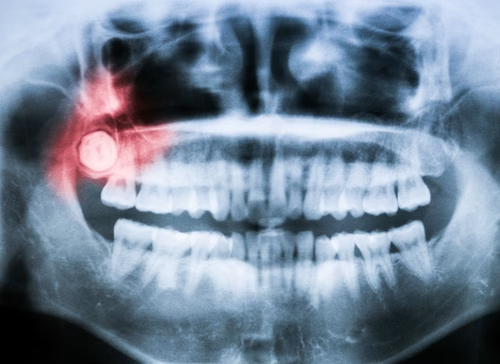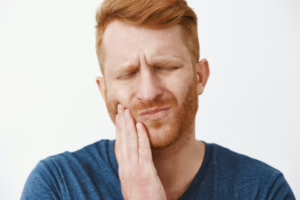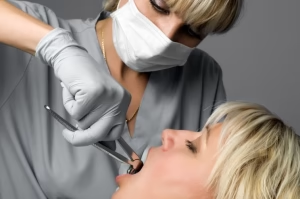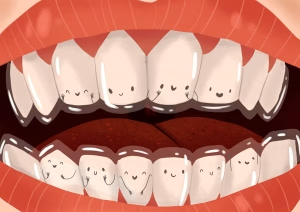Warning signs of impacted wisdom teeth
9 February 2016

Contrary to their name, wisdom teeth don’t always make you feel very wise while they’re growing. It’s highly unlikely you’ll get through adulthood without having some kind of run-in with your wisdom teeth; whether this means a bit of pain while they’re getting themselves organised and setting up camp in your mouth or something more complicated which may ultimately lead to their extraction.
Impacted wisdom teeth do exactly as their name suggests. Wisdom teeth emerge into their new home they become obstructed (‘impacted’) by an obstacle in your mouth, which are namely your existing teeth. The predicament is caused by a lack of room for teeth to grow properly, with the flow on effect meaning teeth are pushed at the wrong angle and even sideways leading to a whole host of other dental complications.
To avoid permanent damage to your existing teeth it’s really important to know the signs of an impacted wisdom tooth to look out for so that you can see your dentist and take immediate action. Without treatment patients are susceptible to inflammation, infection, root damage, cysts and even tumors. There are a number of symptoms of impacted wisdom teeth which experienced on their own could be explained by a number of ailments, but if you start feeling two or more of the following symptoms on an ongoing basis we’d recommend seeing your dentist for some x-rays sooner rather than later so they can get to the ‘root’ of the problem (pun intended!).
Primary signs of an impacted wisdom tooth are localised pain in your mouth; red, swollen, tender or bleeding gums and painful or swollen jaw. These are strong indicators that something untoward is going on under the surface and a trip to your dentist for an x-ray should be on your immediate agenda. Some secondary symptoms, which you may not immediately link to an impacted wisdom tooth, include bad breath, headache and an unusual taste in your mouth. If your dental hygiene is up to scratch but you still feel like you need to reach for the mints before you talk closely with someone, there may be an underlying issue which needs to be checked out.
Regular check-ups and x-rays will make you aware of an impacted wisdom tooth before the symptoms become too problematic but if treatment is delayed you are putting all of your healthy teeth at risk of infection, decay and in some cases, extraction.
For more information on your dental health and how to manage your wisdom teeth have a chat with the friendly dental team at MGA Dental Gold Coast or Brisbane team phone Gold Coast (07) 5539 9748 or Brisbane (07) 3273 3343 or visit our website to book your appointment online www.mgadental.com.au or email [email protected]









